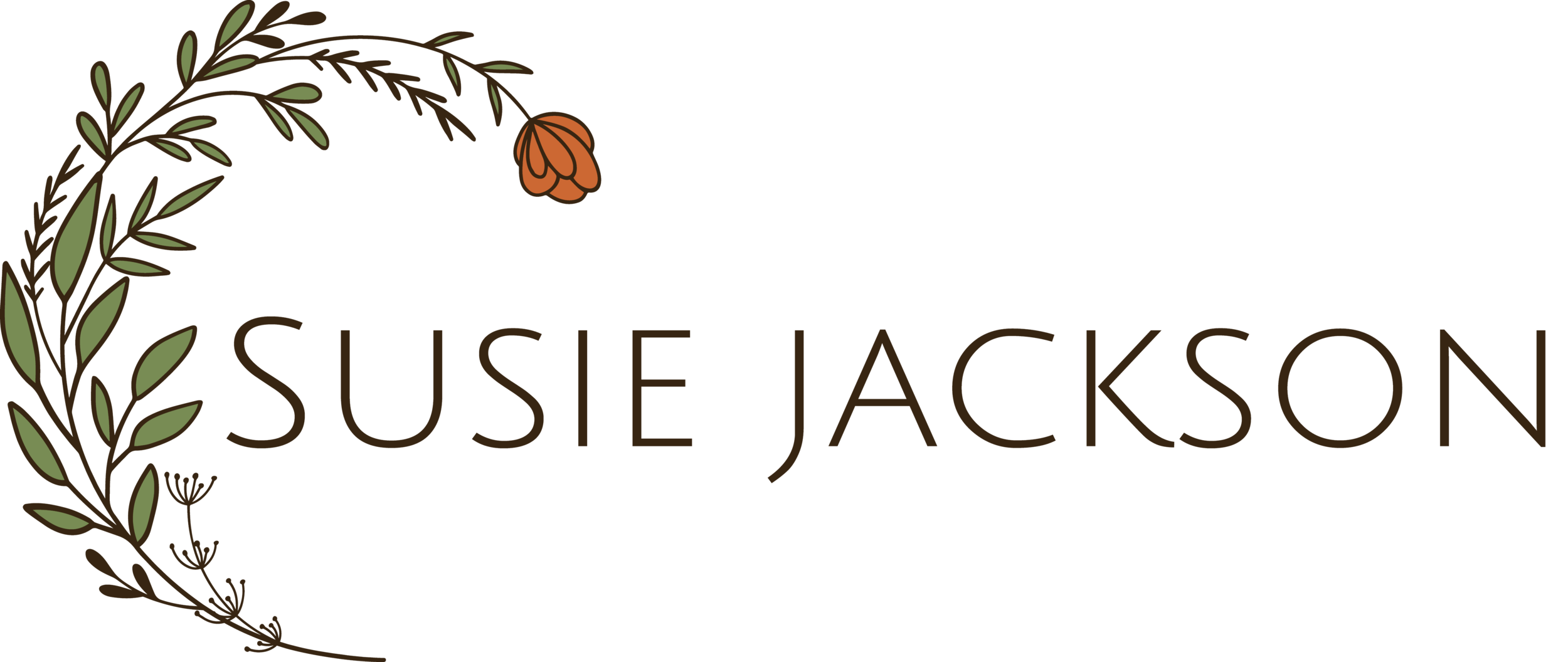How to Price Your Services and Quote for Something You've Never Done Before
A little while back, I shared my quoting process with you. I set out a four-step strategy showing you how to use previously tracked data to help you come up with a final figure to present to the client. However, I’ve since been asked what you should do if you’re quoting for something you’ve never done before.
Indeed, it’s all well and good me telling you to use previous data to help you price a project. But what do you do if you simply don’t have any?
What happens, for example, if you’re a translator and are asked to provide copywriting services? If you’d like to start offering this kind of service but haven’t done any copywriting in the past, you probably won’t know how long the project is likely to take you to complete. And this makes it difficult for you to accurately calculate the cost based on your hourly rate.
In this blog post, I’m going to try to help you put together a quote that you feel happy with for services you might not have provided before.
How to price services you’ve never provided before
It can be really tricky to accurately quote services you’ve never offered before. The first thing to say is that no matter how you go about it, you might get it wrong. In this case, consider it a learning curve to help you price the service better in the future. If it doesn't work out well for you financially, at least you learnt something from it. And if someone asks you for that same service in the future, you’ll have a better idea of how to go about quoting it.
However, even though quoting for a service you’ve never provided before may feel like a risk, there are some things you can do to give yourself the best possible chance of getting it right.
1) Track your time for everything you do in your business
If you aren’t yet in the position of having to quote for something you’ve never done before, prepare for this to happen! Sooner or later, someone is going to ask you for a service you don’t currently offer but that you’d be interested in providing in the future.
Tracking your time for everything you do in your business is the best way of setting yourself up for success when it comes to quoting a new service.
Let’s imagine you’ve been asked to write a blog post for a customer and you already write blog posts for your own marketing activities. If you know how long they take you to write, you’ll have a better idea of how long it’s likely to take you to put together a blog post for a client. Since you won’t know the client’s business inside out in the same way you know your own, you should probably assume that writing a blog post for a customer will take you longer than writing one for yourself. But having this kind of relevant time-tracking data for similar tasks will help you price a project more accurately.
2) Make sure you fully understand the scope of the project
When quoting for a service you’ve never provided, it’s more important than ever before to make sure you have an accurate understanding of exactly what it is the client wants from you.
Particularly when providing a new service, it’s easy to overlook fundamental aspects simply because of a lack of experience.
Going back to the copywriting example, you might have accounted for the amount of time it will take you to write the blog post, but what happens when the client asks for edits? It’s important to understand how many rounds of edits the customer expects and to account for these in your quote.
Always make sure you receive full instructions and ask to see any reference materials or documents you’ll be expected to work on before you put together a quote. And if you have any doubts or would like any clarification, don’t be afraid to ask questions! The more you know, the better.
3) Use data from similar projects
Fully understanding the scope of the project will also help you to identify jobs you might have done in the past that could be similar.
If you’re able to identify any similar projects you’ve worked on before, you can use them as a point of reference to understand how long the new job is likely to take you.
Using the initial example of a translator providing copywriting services, if you’ve been asked to write a blog post for a client but you don’t have a blog for your own business, perhaps you’ll have worked on something similar in the past. Have you ever translated a blog post for a customer before? If so, you can look back at your records and see how long it took you to translate. Then think about how long it would take you to actually write the content from scratch.
Where possible, use data from similar projects to help you understand how much of your time a project will require.
4) Always be conservative with your estimates
When I say this, I don’t mean you should be conservative with the price you quote the customer. Instead, I mean that you should try to avoid underestimating how long a project will take you to complete.
As freelancers, small business owners and human beings, we tend to overestimate how much we can get done in an hour. Bear this in mind, especially when you’re putting together a quote for a service you’ve never provided before.
It’s always better to play it safe and to overestimate rather than underestimate how long a project will take you. This will help you make sure you get paid for the time and effort you’re putting into it.
Of course, once you’ve calculated the amount of time you think it will take to complete the project, you can understand how much to quote for the service by simply multiplying the number of hours by your hourly rate.
Speaking from experience, I’ve been tracking client projects and the time I spend on them for years, and this data can be really helpful when it comes to putting together a quote. It gives you something to reference so that you can make an accurate prediction of how long a project is likely to take you rather than just plucking a number out of thin air.
If you’d like more support when creating a quote for something you’ve never done before, I’ve put together two free quotation templates to help you make sure you’ve covered all bases. Both come with full instructions that give you prompts and suggestions so you don’t forget anything important!
Hi, I’m Susie
I mentor freelancers on pricing and business finances so you can earn a decent living doing what you love.
I’m a translator, editor, chocoholic, crochet addict, animal lover, and budding gardener (get it?) who loves empowering others to achieve their goals.













